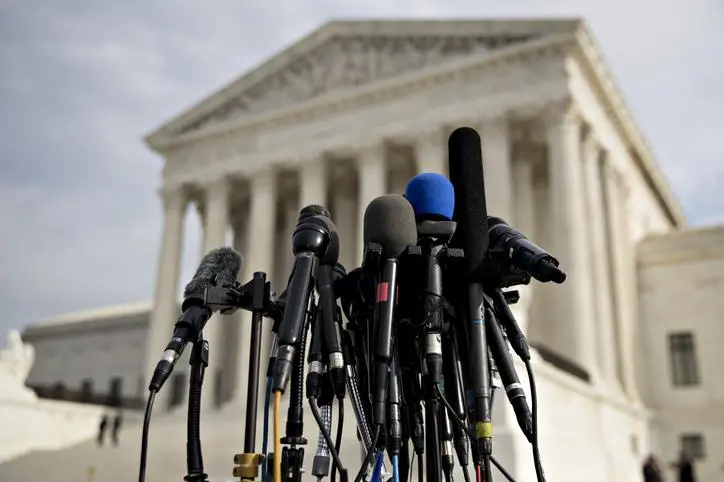PHOTO
BALTIMORE- Conflicting signals make it difficult to get a handle on the true health of the U.S. economy and reducing uncertainty for businesses would provide a shot in the arm to growth, Richmond Fed Reserve Bank President Thomas Barkin said on Tuesday.
"The strength of consumption and the labor market might be saying 'hold' or even 'raise rates,' while the softness of investment, inflation and the bond market might be saying 'lower rates,'" Barkin said in prepared remarks to an economic outlook conference in Baltimore.
The U.S. central bank last week cut interest rates for the third time this year but made plain that it does not expect to lower borrowing costs further unless the U.S. economic outlook materially deteriorates. The overnight benchmark lending rate is currently in a target range of between 1.50% and 1.75%.
Fed Chair Jerome Powell had characterized the cuts as insurance against ongoing risks from slowing global growth and the impact of the 16-month U.S.-China trade war.
Barkin said that he is closely watching whether those cuts have the intended effect on the U.S. economy and noted it is possible that the heightened uncertainty caused by ongoing trade tensions could cause the economy to deteriorate.
"I don't discount the idea that we could talk ourselves into a recession—particularly if the uncertainty begins to affect consumer confidence and spending," Barkin said.
On Friday, a stronger-than-expected monthly jobs report assuaged concerns that recent data showing a drop in business investment and a slump in the manufacturing sector may be spreading to the broader economy. U.S. employers added 128,000 jobs in October, Labor Department data showed.
That said, the U.S.-China trade war is still simmering and global economies slowing, both of which have the potential to further impact the United States.
Barkin said that lessening uncertainty on trade and "lowering the volume" would provide a big boost to the economy.
"That would build business confidence, build consumer confidence and lead to increased investment, spending and hiring," he said. "American businesses are creative. Give them the rules—almost any set of rules—and they will make things happen."
Barkin does not have a vote on monetary policy this year but he participates in the Fed's policy discussions.
(Reporting by Lindsay Dunsmuir; Editing by Chizu Nomiyama) ((Lindsay.Dunsmuir@thomsonreuters.com; +1 202 898 8411;))





















